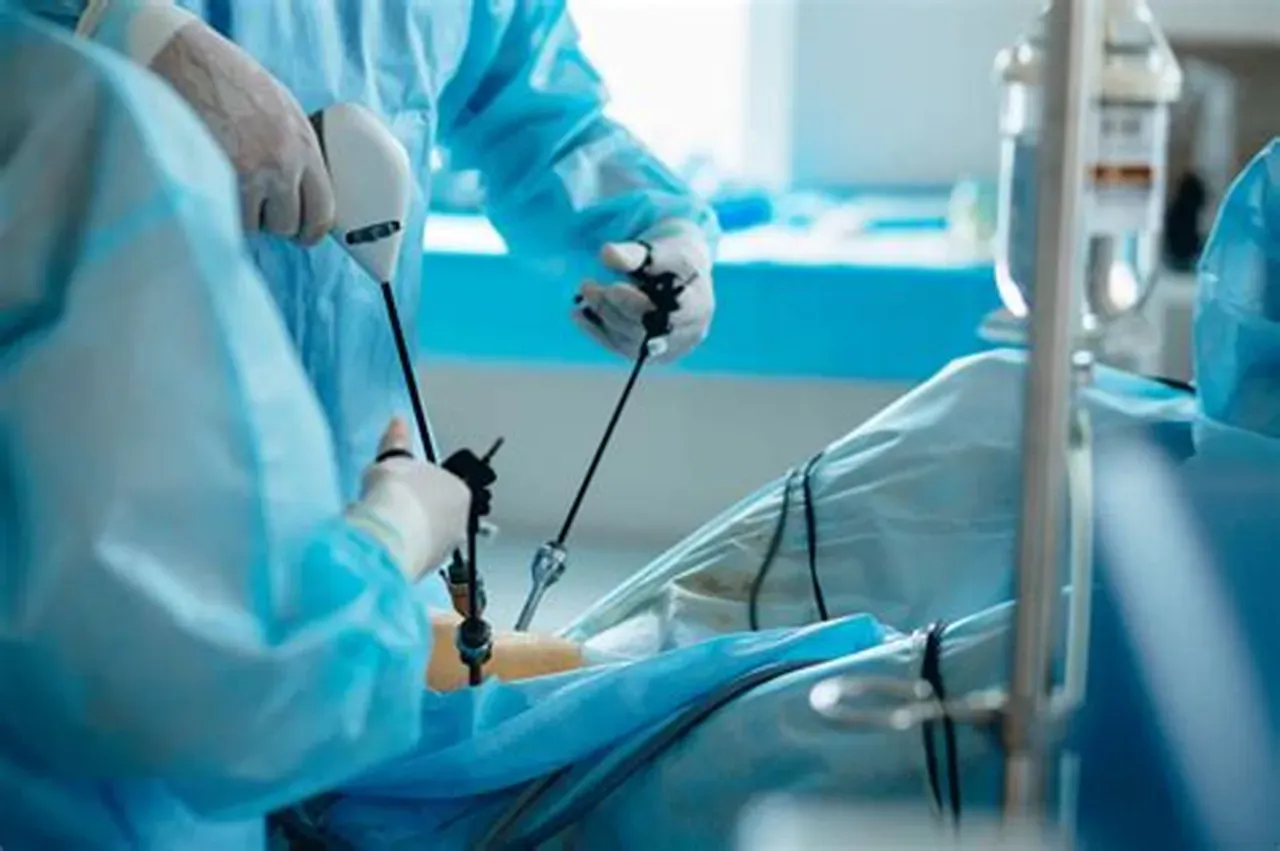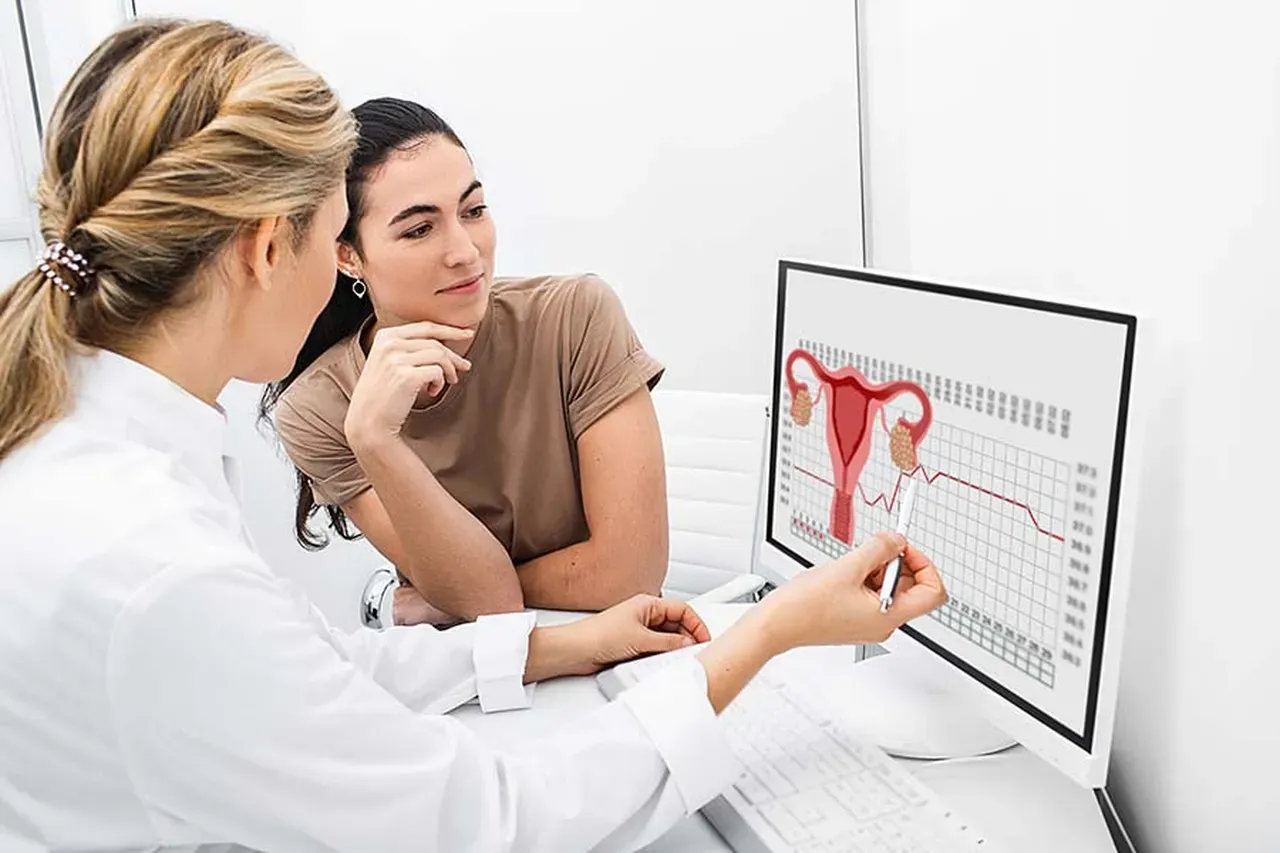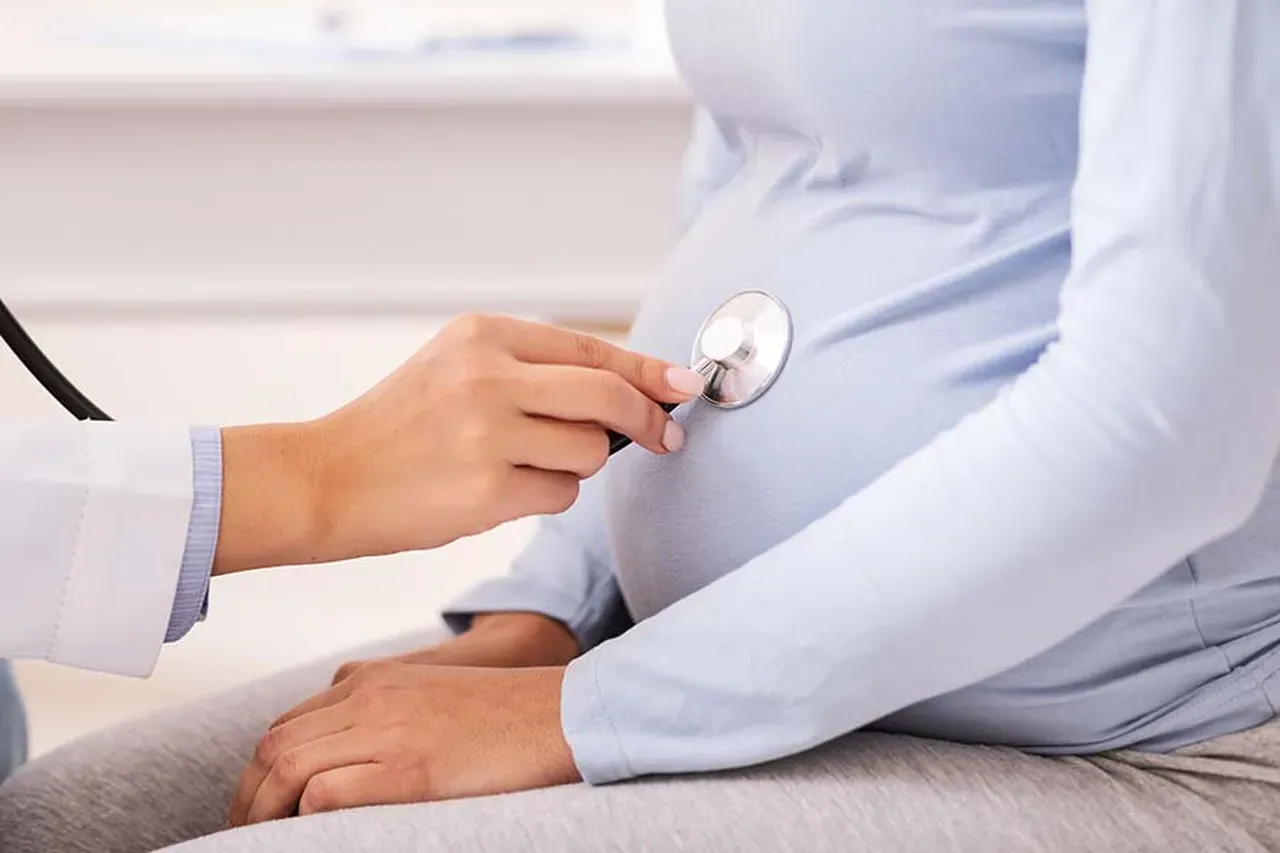
Fibroid Care services offered in Tacoma, WA
According to statistics compiled by the United States Department of Health and Human Services, as many as 20-80% will experience uterine fibroids at some point in their lives. For those in and around Tacoma, Washington, Steven Maynard, MD, at Rainier OB/GYN, offers comprehensive diagnostic and treatment services that can help. Booking an appointment is as simple as a phone call or a visit to the online scheduling page.
Fibroid Care Q & A
What are uterine fibroids?
Uterine fibroids, also called myomas or leiomyomas, are non-cancerous growths that develop in or on a woman’s uterus. While fibroids are not a serious threat to your health, they can be very uncomfortable and can cause problems with pregnancy.
You can have one fibroid or many, and they can range in size from too small to detect with the human eye to large enough to distend your abdomen. Some women have no idea they have fibroids, while others experience various symptoms.
Researchers are not entirely sure what causes uterine fibroids, but it appears that genetics may play a causal role. If a close family member experiences uterine fibroids, you may have an elevated risk.
What are the symptoms of uterine fibroids?
Knowing what to look for can help you decide when to come in for a diagnostic work-up. Some of the symptoms of uterine fibroids include:
- Heavy menstrual bleeding
- Difficulty fully emptying your bladder
- Constipation
- Frequent urination
- Periods that last longer than a week
- Pains in the back or legs
It’s important to note that these symptoms are linked to several gynecologic conditions. Always listen to your body's messages, and take action when you feel something is not right.
Are there treatments that can help with uterine fibroids?
Smaller uterine fibroids or those that aren’t causing severe symptoms might not need treatment. A “watch and see” approach lets the team track fibroid growth and determine when to take action. This is often the approach when fibroids are detected during a pelvic exam.
If you are experiencing symptoms, medications can help by altering your hormone production. Some options can address heavy bleeding while also preventing pregnancy. A treatment called uterine artery embolization shrinks fibroids by injecting small particles into the arteries that supply blood flow to larger fibroids.
Radiofrequency ablation can destroy uterine fibroids by shrinking and softening fibroid tissue. It’s a minimally invasive procedure that can be very effective. In some cases, a surgical procedure called myectomy is the best way to remove fibroids. Many myectomies can be performed using minimally invasive surgical techniques.
Endometrial ablation is another option for treating uterine fibroids. This approach works by using a special instrument to destroy the lining of your uterus using an electric current or another source of heat.
To explore these and other options in greater detail, call or schedule a personalized visit online today.







